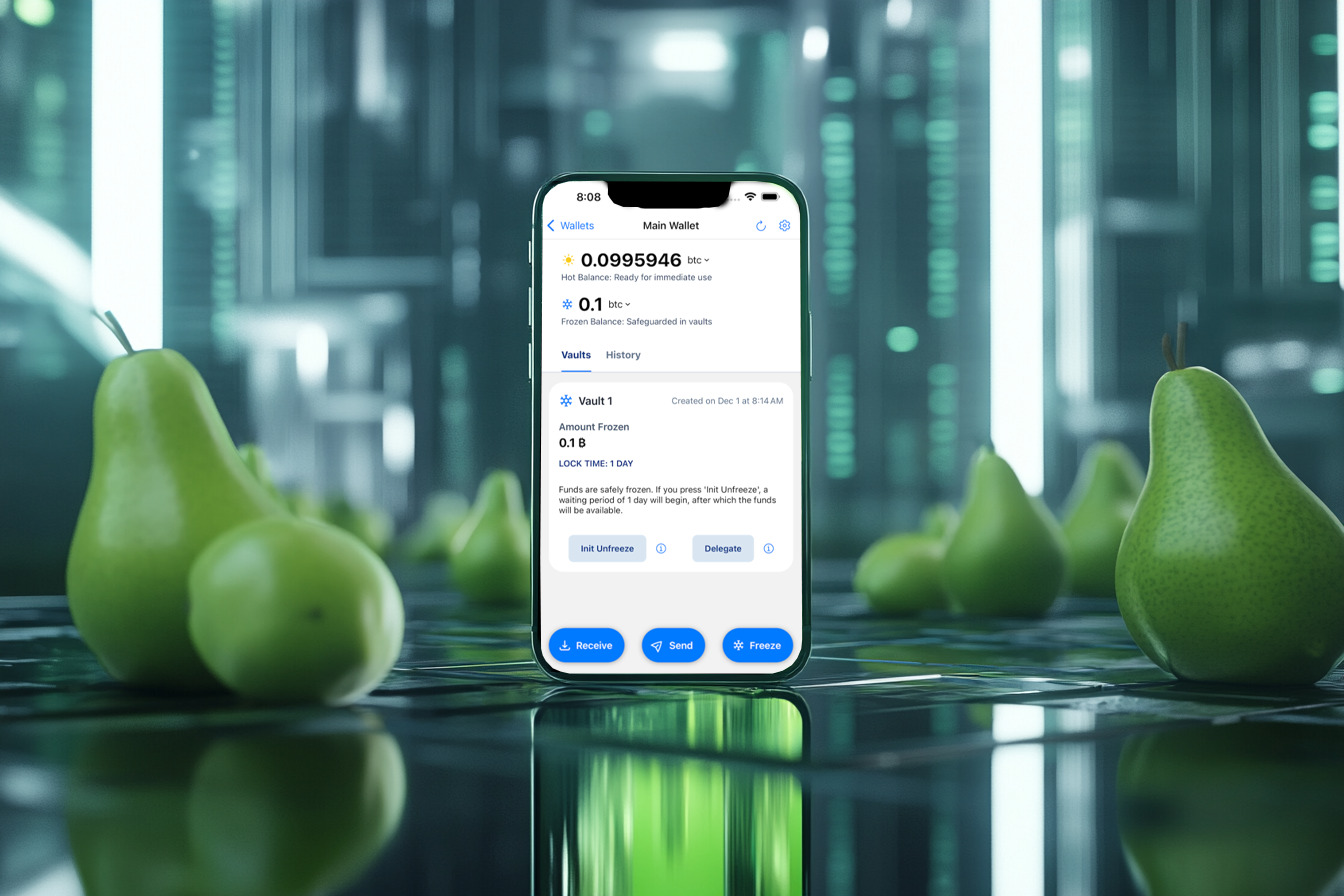Big Tech handcuffed the Internet with centralized systems, touting the promise of cloud-based services and big data. However, the challenges and consequences implicit in this server-shackled environment are mounting — particularly in the context of data control, privacy, and security — leading to frustrating debates around censorship and restricted access to content.
The wheels are creaking and the brakes are smoking.
The Perils of Centralization:
- Data leaks pose significant risks to businesses that depend on building and maintaining user trust, such as banks, law firms, and technology companies. Large centralized systems greatly increase the chances of critical data breaches.
- Single points of failure can potentially put the world ‘on pause’ — as anyone who was unlucky enough to find themselves traveling on the day of the Crowdstrike failure can tell you.
- Cyberattacks, such as the Ticketmaster attack that exposed 560 million identities, are almost inevitable in a centralized environment. Alarmingly, cyberattacks on organizations have surged by 75% from Q3 2023 to Q3 2024, illustrating the escalating threat landscape.
- Censorship of social media and the Internet is a direct effect of centralized systems that wield the power to judge what is and is not permissible by any given company, government, or entity. You have to worry about the potential risks of posting a meme or sharing an opinion on a centralized platform.
- Content restrictions create an uneven playing field by limiting access to information. When content is systematically restricted in certain regions, it can lead to biased or incomplete information being available to the public.
- AI is becoming dangerously centralized, with huge amounts of data resting in the hands of a tiny number of companies. Monopolistic control by big tech, algorithmic biases, and an unprecedented level of surveillance and control are what’s in store if AI continues down the path of centralization.
Considering this rather bleak landscape, it’s not surprising that internet freedom across the world has been steadily declining during the past thirteen years. We’re at a turning point in history, where the future will either grow more dystopian as the contagions outlined above fester and spread or evolve into decentralized systems where everybody has the freedom to control their own data.
Pear Apps: Unkillable, Unstoppable, Unblockable.
This sense of urgency is what is driving us to build technology that opens up the possibilities of decentralized apps to everyone in the world:
Pear Runtime
Pear Runtime is the first open-source interoperable peer-to-peer live data protocol that enables app developers to create cost-efficient, scalable, and secure apps with zero infrastructure costs. By operating in a decentralized environment, Pear Runtime removes the need for any servers whatsoever, meaning your data always stays on your device and is safe from malicious actors. Free data transfer is a total game changer for apps — especially apps that scale quickly. By leveraging P2P technology, Pear apps have the potential to scale infinitely, driven solely by the power of peers.
Bare
We are very excited about our newest product launch – Bare, a minimal JS runtime which is quickly becoming known as the Node JS killer! Bare brings the promise of unrestricted Javascript everywhere to all your devices, including phones, laptops, and smartwatches. This is a huge advancement as you can run a complete peer-to-peer stack anywhere with identical code. Designed from the ground up for modern, decentralized applications, Bare empowers developers to build apps that are secure, fast, and entirely peer-to-peer. It’s lightweight, efficient, and optimized to handle P2P interactions at scale—without sacrificing performance.
Keet
Built on the Pear Runtime protocol, Keet is our flagship messaging app and it represents the culmination of the entire stack. As the most secure of all messaging and video apps, driven by open-source peer-to-peer infrastructure with no signup, no servers, and no exposed data, Keets represents a qualitative leap in communication technology. Despite still being in the Beta stage, Keet already features crystal clear voice and video calls, unlimited file sharing at speed, and broadcast rooms for content distribution. Currently, we’re developing new features to gear it up for mainstream adoption and make it the go-to app for secure, seamless communication.
We envision a decentralized future leveraging peer-to-peer technology, creating a more open, free, and equitable society, in contrast to the recent trend toward technocratic totalitarianism and top-down control. Peer-to-peer systems enable everyone to retain personal freedom and control of their own data. We feel compelled to bring about a future closer to the internet’s original vision, one where users connect directly with each other, safely sharing information and resources without intermediaries.
Join the Pearvolution and help us build the internet of peers at pears.com









